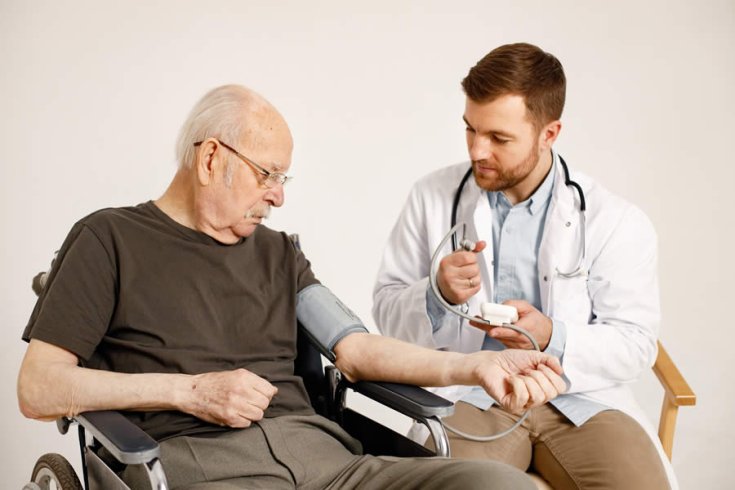As we get older, our bodies change, and one area where that becomes really obvious is heart health. Maybe you start to get winded a little faster going up the stairs, or your heart races after what used to be a normal workout. Or perhaps you’ve noticed your blood pressure creeping up at your yearly checkups. It’s easy to brush these off, especially if you still feel fine most of the time. But these can be warning signs that your heart is asking for a little extra attention. Capitol Cardiology Associates knows that these small shifts can be a wake-up call. Keep reading to find out why monitoring your heart health as you age is one of the best things you can do for yourself and your future.
The Importance of Early Action for Your Heart
When life is busy, health issues can feel like something you’ll deal with “later.” But your heart isn’t something to put on the back burner. The sooner you start paying attention to it, the better off you’ll be. Heart disease is one of the leading causes of death in the U.S., but thankfully, it’s also largely preventable. A heart doctor can help you understand your risk factors, which could be things like family history, high cholesterol, or high blood pressure. But you don’t have to wait until a problem arises to take action. Being proactive, whether that means scheduling a checkup with a cardiologist or making some lifestyle changes, can help you avoid bigger issues.
Monitoring Your Heart Health
How do you keep tabs on your heart health without becoming anxious? Routine checkups are a great place to start. Your cardiologist will monitor things like blood pressure, cholesterol levels, and other factors that play into heart health. There are also things you can do at home. For instance, checking your blood pressure regularly is an easy and effective way to keep track of how your heart is doing. Fitness trackers and smartwatches can also be helpful for monitoring your heart rate. These aren’t perfect, but they give you a general sense of your cardiovascular health, which is better than staying in the dark. It’s also important to pay attention to your body. If you’re noticing anything unusual, like fatigue, shortness of breath, or a pounding heart after light activity, don’t ignore it. These could be signs your heart needs some TLC.
At What Age Should You Begin Monitoring Your Heart Health?
A lot of people think heart health is something you start worrying about in your 60s or later. The truth is that heart disease can start developing much earlier than we realize. You should start keeping an eye on your heart health by your mid-30s, if not earlier. That doesn’t mean you need to panic or schedule a ton of tests right away. But starting with regular checkups and being mindful of your lifestyle is a smart move. If heart disease runs in your family, you may want to talk to your doctor about getting screened earlier. By the time you turn 50, regular monitoring becomes even more important. At this point, it’s important to catch issues before they become more serious.
Practical Tips for Keeping Your Heart Strong
What can you do to keep your heart in good shape as the years go by? There are a few things that most of us can benefit from:
- Get moving: Staying active is one of the best things you can do for your heart. You don’t have to run marathons. A brisk 30-minute walk five days a week can do wonders. If you enjoy cycling, swimming, or dancing, go for it. The point is to keep your heart pumping.
- Eat smart: Diet plays a huge role in heart health. Incorporate more fruits, vegetables, whole grains, and lean proteins into your meals. Cutting back on salty, fried, and processed foods is important too.
- Manage stress: Stress can take a toll on your heart. Find something that helps you unwind, whether it’s yoga, meditation, or spending time with loved ones. Your heart will thank you for it.
- Don’t skip your checkups: Regular visits to your heart doctor can help you stay on top of your health. And if you’re over 40 or have risk factors like high blood pressure, seeing a dependable cardiologist might be worth considering.
- Get enough sleep: This one often flies under the radar, but good sleep is crucial for heart health. Aim for 7-9 hours a night, and if you struggle with sleep apnea or other issues, bring it up to your doctor at your next visit.
Do You Need a Heart Health Screening?
Don’t wait until something goes wrong to start thinking about your heart. Capitol Cardiology Associates is here to help you every step of the way. If you’re ready to take control of your heart health and want guidance from experienced professionals, call us today and schedule an appointment.






